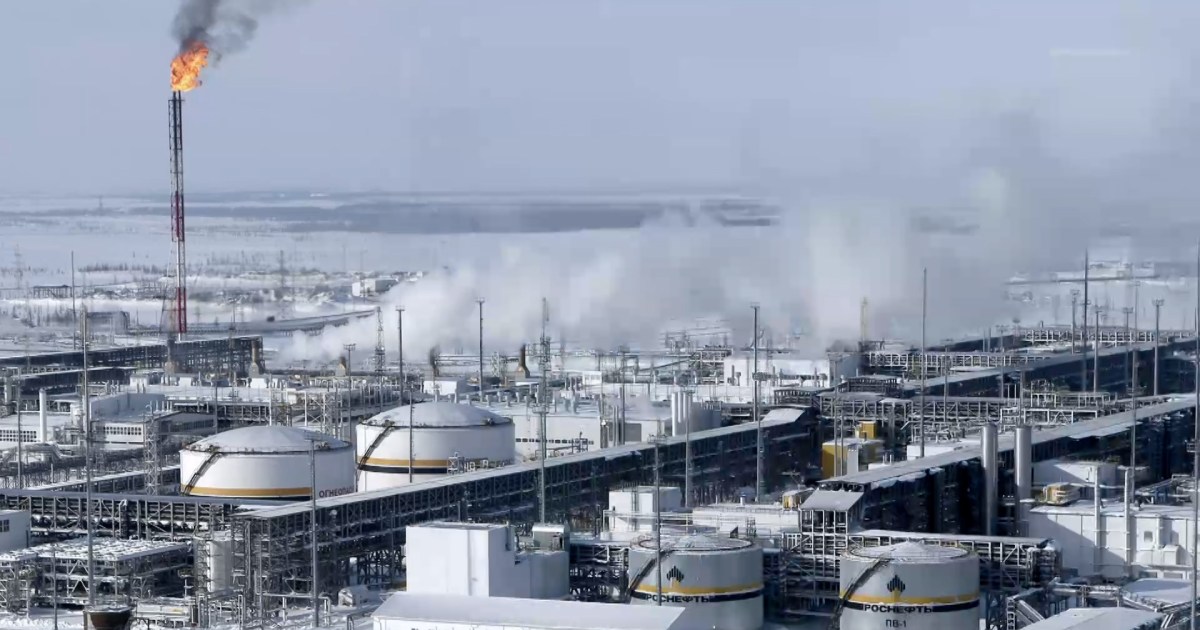The Wall Street Journal revealed Saudi Arabia's rejection of US President Joe Biden's request to pump more oil in order to lower prices.
And the American newspaper reported that Saudi Energy Minister Prince Abdulaziz bin Salman told the “OPEC Plus” alliance - in a closed meeting - that the kingdom would not pump more oil into the market.
And it quoted the Saudi minister - during a meeting today, Wednesday, on the sidelines of the energy conference held in Riyadh - as saying that the renegotiation of production quotas among OPEC members threatens the oil market instead of enhancing its stability.
The US president has repeatedly called on producers in the Persian Gulf to pump more oil to reduce gasoline prices, which, for Americans, have doubled what they were previously.
Those calls are becoming more pressing as oil prices soar to around $100 a barrel for the first time in nearly 8 years, and threaten to rise amid a surge in Russian forces along the Ukrainian border.
The Saudis said that they would not pump more than what they agreed on last year as part of an agreement between the Organization of Petroleum Exporting Countries (OPEC) and Russia, within the "OPEC Plus" alliance, according to the newspaper.
This agreement allows production to increase by 400,000 barrels per day each month, but it has done little to stop the rise in oil prices.
The Saudis pumped less than their share, according to the International Energy Agency.
And Saudi Arabia can reduce prices because it is not pumping at its full capacity of about 12 million barrels per day, and it is currently producing about 10 million, and it can reach its full capacity in 3 months.
And oil analysts say any sign of the kingdom's willingness to do so will likely lead to lower oil prices.
This, and the Saudi Energy Minister rejected calls to pump more oil at the industry conference in the capital today.
At the international forum in Riyadh, Fatih Birol (the head of the International Energy Agency, which includes the United States) called on "OPEC Plus" to pump more oil.
Brett McGurk, the Biden administration's Middle East coordinator at the National Security Council, and the State Department's envoy for energy affairs, Amos Hochstein, were also in the Saudi capital.

